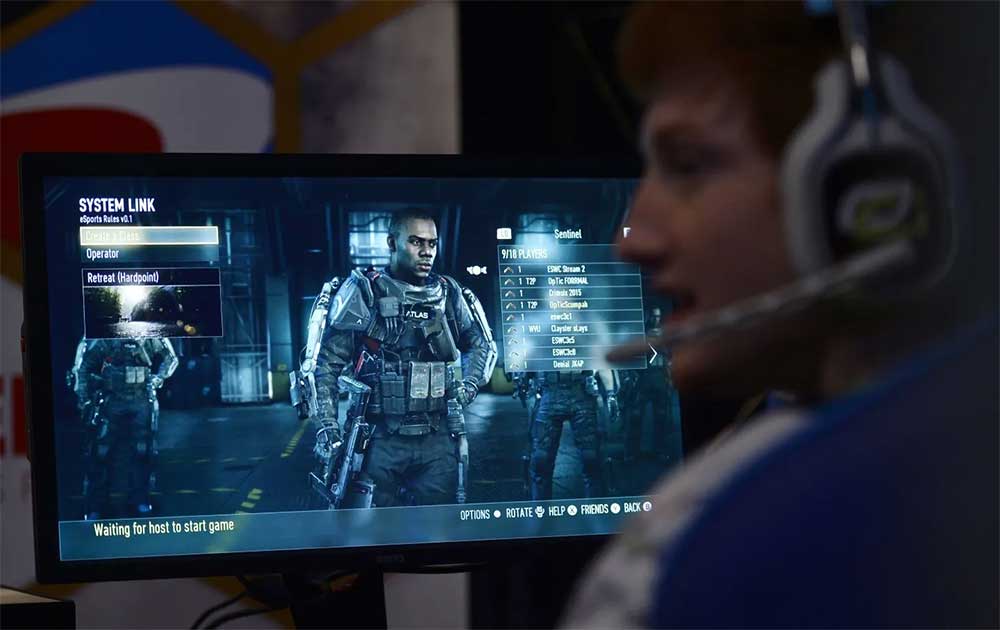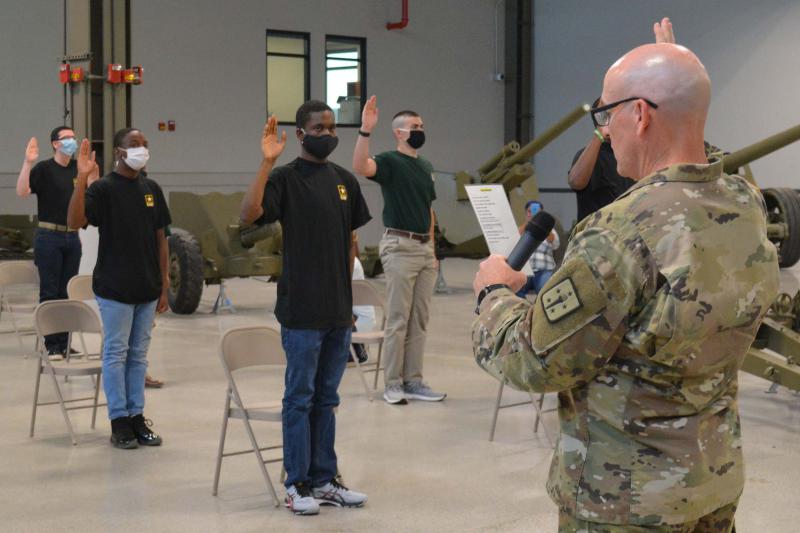"It's important that our youth understand that joining the military isn't the only way to pay for college or find stability in life."
Eoin Higgins / Commondreams -
 Rep. Alexandria Ocasio-Cortez on Monday proposed blocking the military from recruiting in schools, describing the practice as a predatory attack on disadvantaged children who already suffer from underfunded resources in their learning environments.
Rep. Alexandria Ocasio-Cortez on Monday proposed blocking the military from recruiting in schools, describing the practice as a predatory attack on disadvantaged children who already suffer from underfunded resources in their learning environments.
The proposal follows an amendment to the defense spending bill from Ocasio-Cortez, a New York Democrat, last week that would ban military recruiters from using video game streaming platforms to reach impressionable young people.
.@AOC, though an amendment to the defense spending bill, is seeking to block federal funding for military recruiters in middle & high schools.
“Children in low-income communities are consistently targeted for enlistment,” she says. https://t.co/NyWPDztR9D pic.twitter.com/APta1mOJd3
— Luke Broadwater (@lukebroadwater) July 27, 2020


 Jordan Uhl / The Nation - Have a nice time getting banned, my dude,” Army recruiter and gamer Joshua “Strotnium” David told me right before he booted me from the US Army’s Twitch channel. I had just reminded viewers of the United States’ history of atrocities around the globe, and helpfully provided a link to the Wikipedia page for US war crimes.
Jordan Uhl / The Nation - Have a nice time getting banned, my dude,” Army recruiter and gamer Joshua “Strotnium” David told me right before he booted me from the US Army’s Twitch channel. I had just reminded viewers of the United States’ history of atrocities around the globe, and helpfully provided a link to the Wikipedia page for US war crimes.





